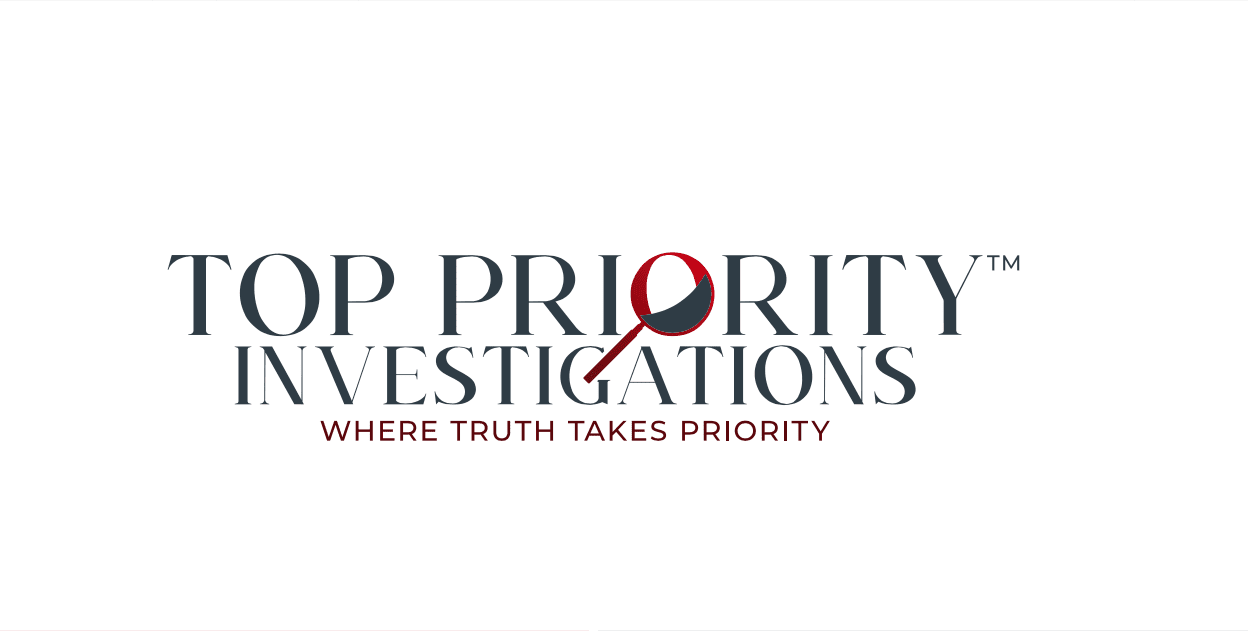How Social Media Became a Goldmine for Investigators

Posted on February 28, 2025
In today’s digital age, social media has transformed into more than just a place for socializing—it has become a powerful tool for investigators. From tracking down missing persons to verifying alibis and uncovering hidden connections, platforms like Facebook, Instagram, and TikTok provide a wealth of publicly available information. While the benefits of using social media in investigations are undeniable, ethical considerations must always be at the forefront.
One of the most valuable aspects of social media is its ability to help locate individuals quickly. Many people unknowingly leave digital footprints through geotagged photos, check-ins, and status updates, making it easier to piece together their movements. In missing person cases, a recent post or an interaction with a concerned friend can provide critical leads. Investigators also use social media to uncover hidden relationships. Friend lists, tagged photos, and shared interactions often reveal connections that individuals might prefer to keep private. In fraud investigations, for example, someone claiming financial hardship may inadvertently expose a lavish lifestyle through frequent travel posts or high-end purchases displayed online.
Social media also plays a key role in verifying statements and alibis. A person claiming to be in one place at a certain time may have a post, comment, or even a location tag that contradicts their story. Investigators analyze timestamps, metadata, and engagement patterns to confirm or disprove claims. Additionally, even deleted posts can sometimes be recovered through cached pages, screenshots, and internet archives, providing valuable insights into a case.
Despite its advantages, using social media in investigations comes with ethical and legal responsibilities. Privacy laws prohibit accessing private accounts through hacking or deception, and investigators must work strictly with publicly available information. Creating fake profiles to gain access to restricted content is both unethical and potentially illegal. Investigators must also be mindful that a single post does not always tell the full story—sarcasm, humor, or out-of-context comments can easily be misinterpreted. Information obtained through social media should always be verified before being used as evidence.
Perhaps the most important consideration is the ethical responsibility of handling sensitive information. Even when legally obtained, recklessly sharing social media findings can have serious consequences, including defamation, privacy violations, or safety risks. Investigators must balance the need for information with professional integrity, ensuring that their work does not cause unintended harm.
Social media has undeniably changed the landscape of investigative work, providing real-time updates, digital footprints, and personal connections that help solve cases. However, with this power comes the need for ethical responsibility. As Top Priority Chronicles launches, we’ll be diving deeper into real-world investigations and the ways digital tools are shaping the search for truth. Stay tuned for more insights and compelling stories from the world of private investigations.
Contact me at...
Get Your Free Consultation
Seeking Answers? I’m Here to Help.
Fill out the form below with details on what you need and the outcome you’re expecting. For a faster response, feel free to call or email me directly. Let’s work together to uncover the truth and bring you clarity and peace of mind.
Please note that Top Priority Investigations may not be able to honor booking requests made.
